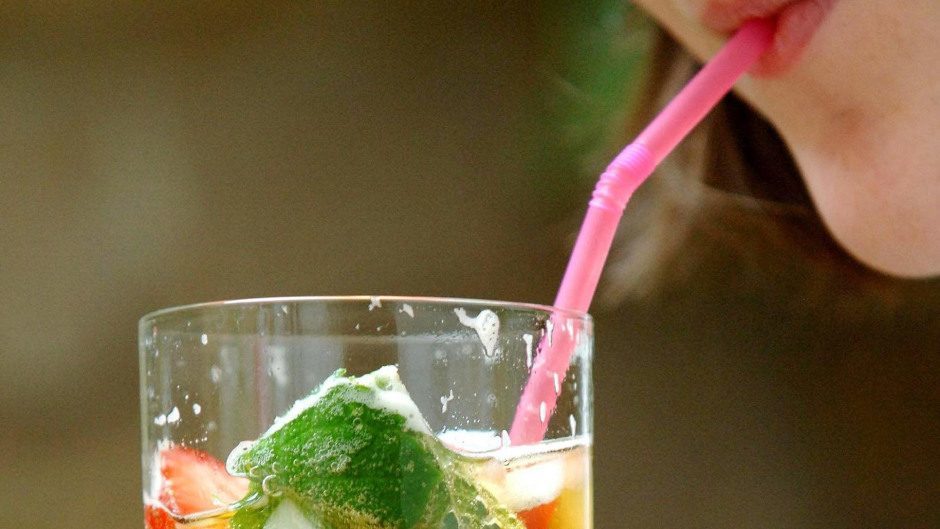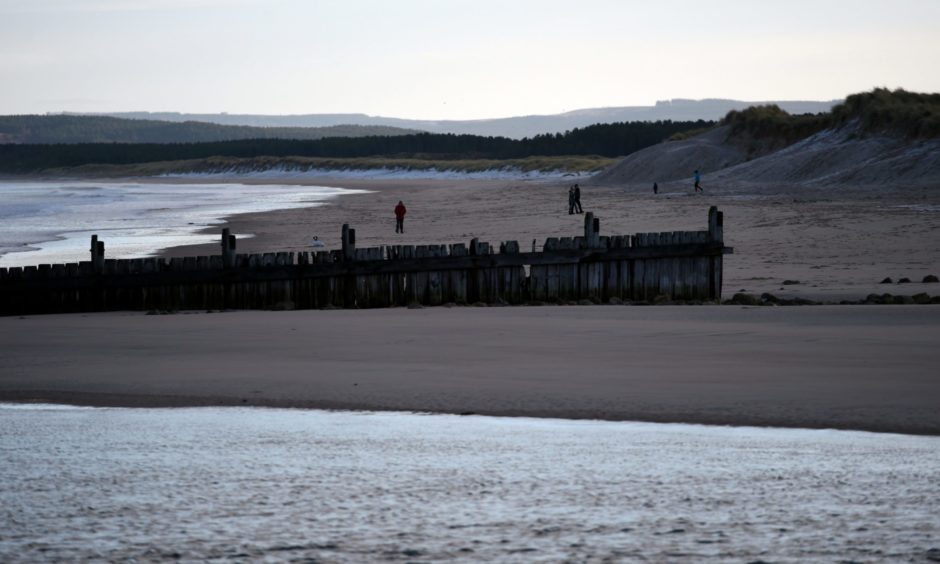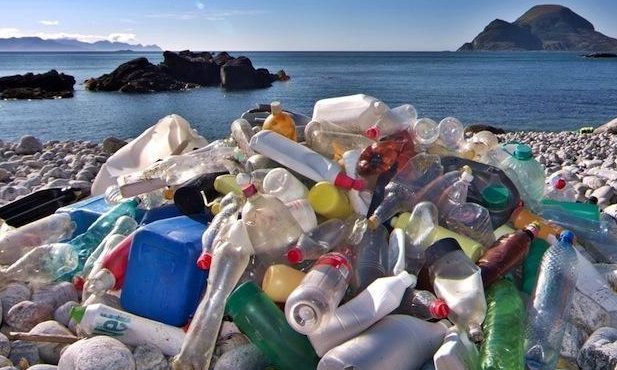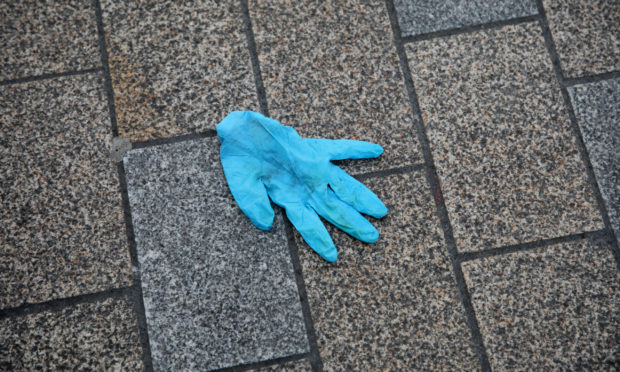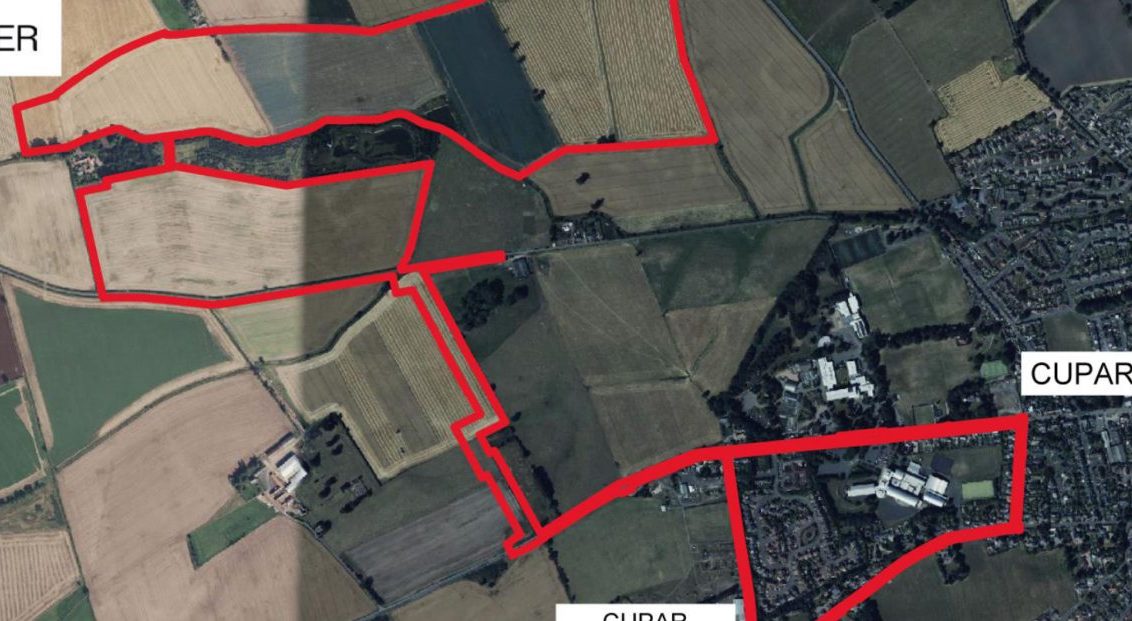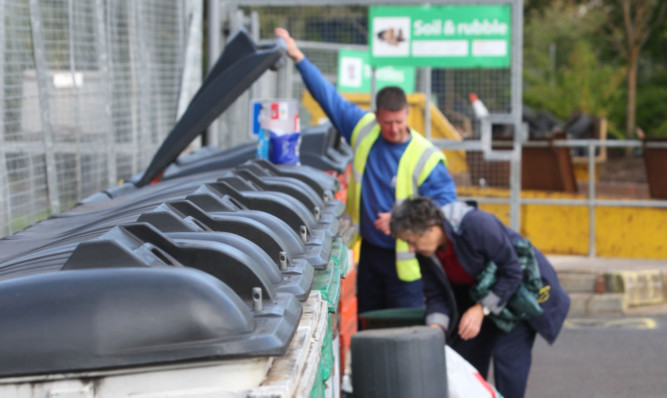Nearly four in five Scots are concerned about the volume of single-use plastics and packaging used across the country and would support new regulations to limit their use, a survey has revealed.
An estimated 300 million plastic straws, 276 million pieces of plastic cutlery, 50 million plastic plates and 66 million polystyrene food containers are used each year in Scotland, according to analysis prepared by Zero Waste Scotland for the Scottish Government.
A poll commissioned by the not-for-profit organisation and conducted by YouGov found 77% of respondents described themselves as being very or fairly concerned about the items designed to be used only once.
It also revealed 79% support the introduction of new regulations in Scotland to reduce the use of single-use items and packaging.
The survey, of 1,004 adults across the country, coincides with a public consultation over plans to restrict some of the most environmentally damaging single-use plastic items in Scotland, including plastic cutlery and plastic straws.
The Scottish Government is seeking views on the introduction of new legislation to restrict the supply of a number of items made from oxo-degradable plastics but has said reusable alternatives would continue to be widely available.
The items are some of the most commonly found debris on European beaches and were identified in the EU Single Use Plastics Directive as contributing the majority share of litter found in the marine environment.
The Marine Conservation Society‘s 2019 Great British Beach Clean reported an average 492 items of litter per 100 metres of beach in Scotland, with the majority being single-use plastic or polystyrene.
According to Scottish Government figures released in 2015, around 80% of Scotland’s carbon footprint comes from all the goods, materials and services we produce, use and throw out after minimal use.
Iain Gulland, chief executive of Zero Waste Scotland, said plastic can be useful and beneficial in a number of areas but can also cause “significant damage” to the environment if not disposed of correctly.
“Scots are increasingly concerned about the impacts of disposable single-use items and can see how it is impacting on the country’s natural environment,” he said.
“Most of us don’t ‘need’ many of these single-use items being consulted on. By choosing reusables over disposables, we can still have the benefit without the needless waste and carbon emissions associated with throwaway items.”

Catherine Gemmell, Scotland conservation officer at the Marine Conservation Society, said a throwaway culture had led to “unacceptable levels of litter entering Scotland’s seas from our cities, rivers and canals”.
“Single-use plastic invariably ends up getting into our ocean and negatively impacts our wildlife through ingestion,” she said.
“We have seen animals eat plastic from the smallest plankton at the bottom of the food chain to iconic wildlife like leatherback turtles and whales who have died as a result.
“Thanks to our volunteers collecting data through our Beachwatch project, it clearly shows there is a massive and growing problem of plastic on Scotland’s beaches.”
Part of the Scottish Government’s consultation process will be to understand how access can be maintained for people who require items that perform vital functions and cannot be easily replaced, such as straws required for medical use.
Breaking down the responses by age showed those aged 18-24 were most concerned (86%) about the volume of single-use items, followed by 55+ (78%), 45-54 (76%), 25-34 (74%) and 35-44 (73%).
Support for regulations was highest among the 55+ age group (80%), followed by 45-54 (79%), 18-24 and 35-44 (78%), with 25-34 lowest (77%).
It is expected that any legislation would be introduced by 2021.
Ban a ‘valuable step’
Mr Gulland said the market restrictions being consulted on by the Scottish Government should be the “next step but by no means the last one in changing the way our economy uses plastic”.
He pointed to the ban on plastic cotton bud stems last year – the first of its kind in the UK – as a “valuable step” that shows small changes “can significantly improve the impact we have on the environment”.
It followed a lengthy campaign by environmental charity Fidra’s Cotton Bud Project but initial results will not be available until this year’s Beach Clean report – and the true impact might not be known for decades.
Dr Maddy Berg, project manager at Fidra said the Cotton Bud Project showed that often single use plastic is “unnecessary” and solutions are available.
“Change is possible by working with retailers, manufacturers and governments,” she said.
“Although it may be too early to see the impacts on our beaches because plastic lasts so long in the environment, paper-stemmed cottons buds are already on the shelves.
“In years to come we hope plastic cotton buds will no longer be one of the top 10 items polluting our beaches, and will stop being found in the stomachs of wildlife like turtles and seabirds.”
Fabrice Leveque, head of policy at WWF Scotland, said plastic is “suffocating our seas and devastating our wildlife”, and called for “ambitious action from governments, industry and consumers” to tackle the issue.
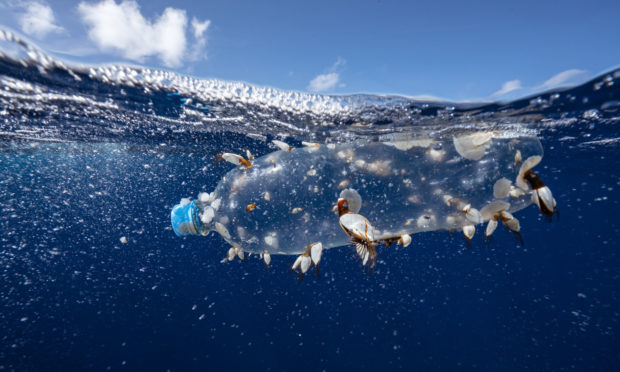
Environmental groups are already warning of a new pollution plight brought about by the coronavirus pandemic. According to Greenpeace estimates, 129 billion disposable face masks and 65 billion plastic gloves are now being used each month.
A UCL study suggested that, if every person in the UK used a single-use plastic face mask every day for a year, it would create an additional 66,000 tonnes of contaminated waste and 57,000 tonnes of plastic packaging.
And a WWF report published in April found that, globally, if just 1% of masks were disposed off incorrectly, it would lead to 10 million masks per month – more than 40 thousand kilograms of plastic – being dispersed in the environment every month.
The Marine Conservation Society hope this year’s Great British Beach Clean will put a more accurate number on the quantities of lost or discarded PPE being found on Scotland’s beaches.
The issue is also a concern for Zero Waste Scotland, with Iain Gulland calling on individuals to use reusable face coverings wherever possible.
“At a time when it has never been more important that we can enjoy our time outdoors, it has been particularly galling that some people have been littering face coverings,” Mr Gulland said.
“The Scottish Government advises using reusable coverings as the preferred option of protection from coronavirus in certain indoor public places, shops, on public transport, and bus and train stations.
“Shop-bought and homemade face coverings, as well as other items such as snoods, can all be effectively used to slow the spread of the virus. By opting for reusables there is likely to be less litter and a reduction in demand for material.
“After use, reusable face coverings should be washed on the highest setting suitable for the fabric, preferably 60 degrees centigrade. Single-use coverings should only be disposed of in the general waste bin – they cannot be recycled.”

